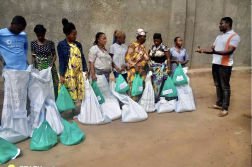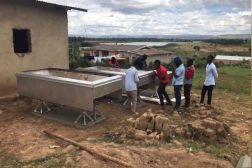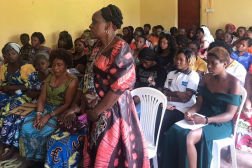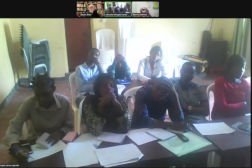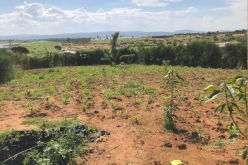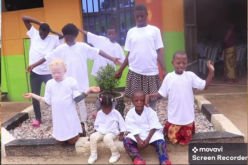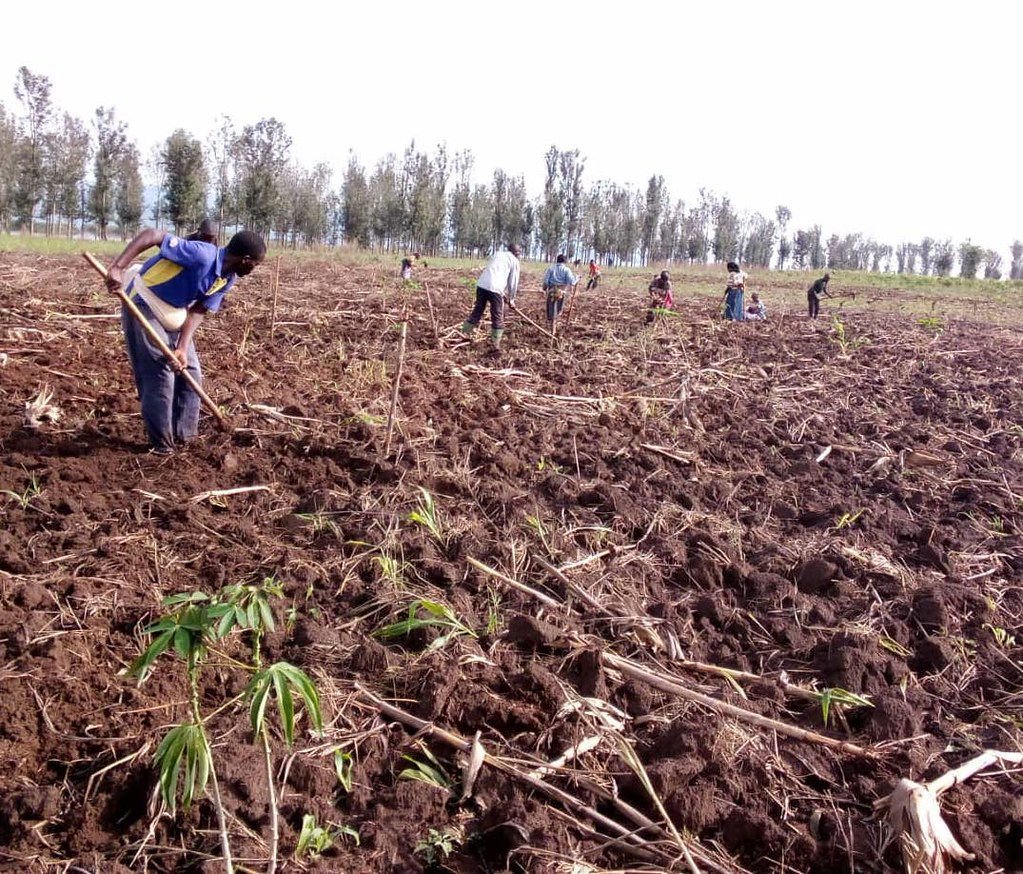
UCF
ECO-AGRICULTURE
Nakivale is a complex of 74 villages housing about 130,000 refugees from several African countries and growing, and 35,000 Ugandan farmers.
The Area is divided into 3 zones: Juru, Base Camp, and Rubondo. The villages and farms of these zones cover an area of around 187 sq kilometres. The camps have existed at self-subsistence level since the 1960s, and are now decreasing in support capacity for refugees due to the growing population. See UN Habitat Report 2020 This has only gotten worse over 2024 and 2025 with the seige of Goma, a city of 2 million people, and surrounding rural communities.
Among the refugees are a disproportion of widows and children trying to live and feed their family from farming on denuded soils.
Agricultural technician, Marius Ziganira himself a refugee from DRC since 2018, saw a need for improved systems in agriculture, contributing to climate solutions, and other areas of community and economic development. While providing support to farmers, Marius began networking with international organisations associated with climate change, ecosystem restoration and regenerative agriculture.
